John MacBain, Computer Scoring System - Indianapolis International Violin Competition [VIDEO]
The Violin Channel recently caught up with mathematician and computer engineer, John MacBain – the man instrumental in the development of the Indianapolis International Violin Competition's rigorous jury-score processing system.
Mr MacBain sat with us and outlined the computer algorithm and voting system, developed in 1994 to serve as the underpin to the competition's core principals of 'integrity' and 'independence'.
“Full independence is absolutely important otherwise you get the traditional European jury system where the dominant personalities influence the other jury members,” Mr MacBain has told The Violin Channel, “ … With this system - we get fair results.”
JOHN MACBAIN | JURY SCORE PROCESSING SYSTEM | INDIANAPOLIS INTERNATIONAL VIOLIN COMPETITION
"In musical competitions, as well as in sports, integrity is the linchpin to hosting a successful competition.
When Tom Beczkiewicz founded this competition, it was of utmost importance to him to have juries that were independent and from the highest level of musicianship and artistry – without political aspirations or other inputs to the system.
Following the 1990 competition, I had some discussions with Tom Beczkiewicz about the jury system - as I felt there were a few weaknesses.
With my mathematical background, I put together an algorithm that I believed could help resolve some of the issues – one that would admit reasonable abstentions (declines to vote) and one that would allow each juror an equal voice in the final opinion of the jury.
The jurors in this system use a numbering scale from 1 to 25 and assign numbers to each of the competitors based on outlined criteria – such as musicality, technique, musicianship and performance.
Tom Beczkiewicz and Glen Kwok (Competition's Executive Director) have chosen to use a scoring system where the presence of scores from all previous rounds contribute towards each decision step.
For example, the Semi-Final round will be scored independently from the Preliminary Round, however in making the decision as to which 6 violinist move forward, we will combine the previously two rounds – 30% of the result being based on the Preliminary Rounds and 70% based on the Semi-Final performance.
When we move forward to making the decision to which finalists are awarded medals, we keep the same relative balance – 15% of the total decision will be based on the Preliminary Round, 35% will be based on the Semi-Final round, 25% will be based on the classical concerto and 25% based on the Romantic concerto.
We therefore have 4 contributing components carrying weight forward - delivering a decision that is not 'who has performed the best concerto for me lately, but who has performed well in all aspects of the competition'.
The jurors are not allowed to discuss their opinions within the jury, as we move from one round to another - only Glen Kwok and myself know the relatives rankings.
The jury is not permitted to have any discussions with any of the competitors until after they have been removed from the running.
There will be no contact between the jury and the 6 finalists until after the medalists have been announced this coming Saturday night.
Full independence is absolutely important otherwise you get the traditional European jury system where the dominant personalities influence the other jury members – and basically carry the day.
With this system, we get fair results - which generally are well accepted.
If you look at the medalists and the finalists that we have had through the last several decades, you will see some amazing violinists that have established outstanding careers - and we believe the independence contributes heavily to that."
The Indianapolis scoring system has also been implemented at the Van Cliburn International Piano Competition, the Cleveland International Piano Competition and the International Tchaikovsky Competition, in Moscow.
Since is it natural for each juror's concept of a high and low score to differ, all scores are calculated using a statistical distribution - which equalizes each juror's score distribution in relationship to one another.
Jurors are not permitted to vote for participants with whom they have had any past relationship as a primary teacher.
By processing all scores to the same statistical distribution, competitors who are students of jurors will not be affected by their abstention.
PICTURED: 2006 Gold Medalists, Augustin Hadelich - with Piano Collaborator, Rohan de Silva
may 2024


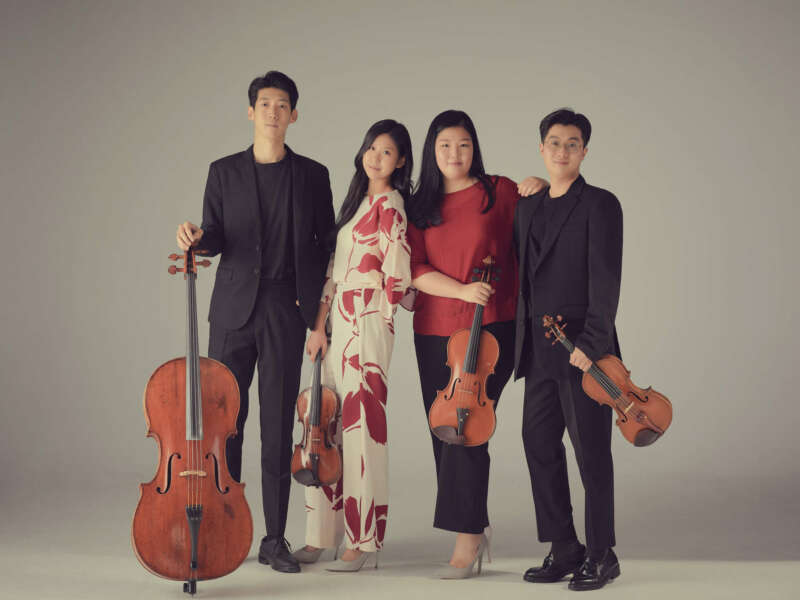
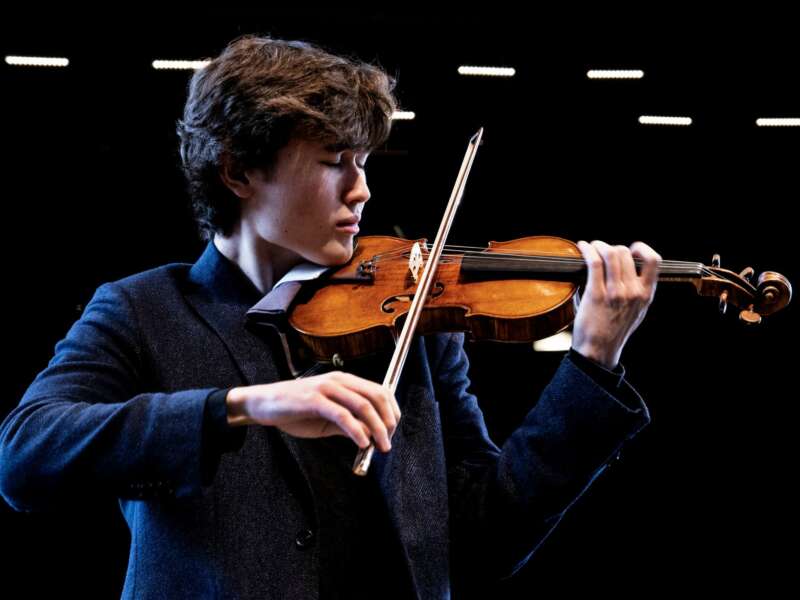



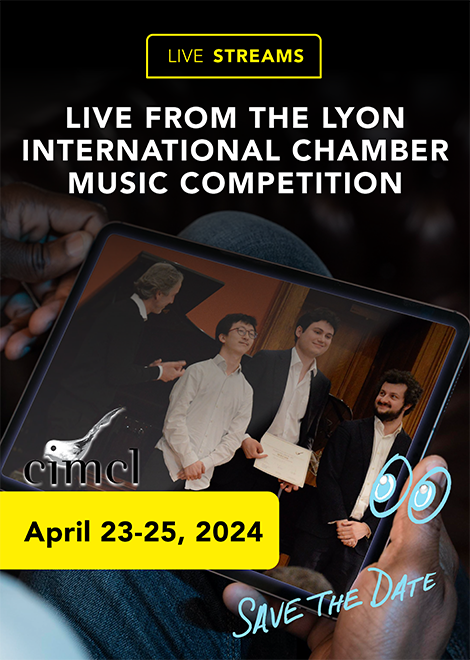
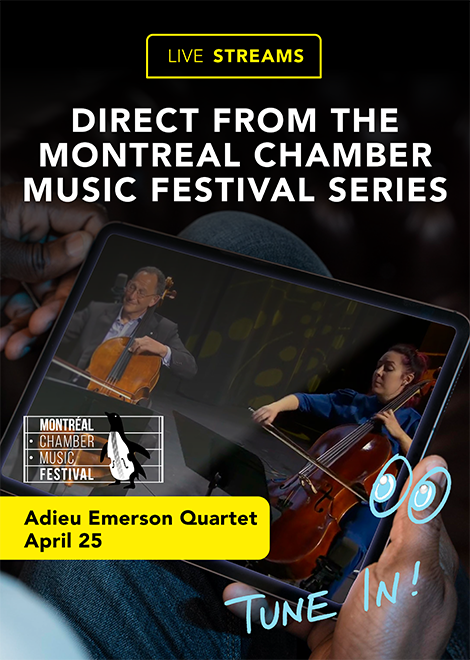

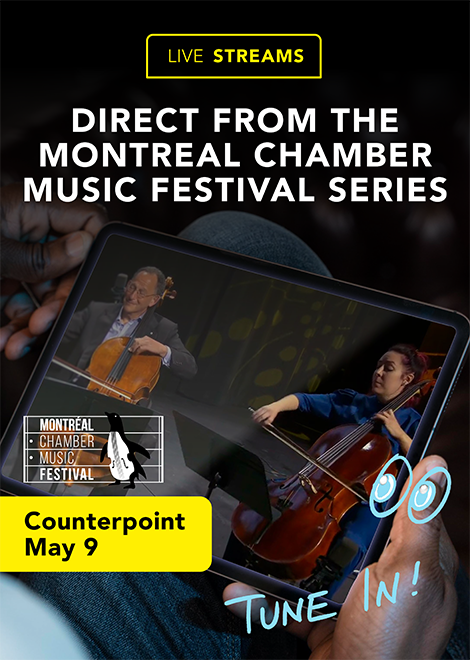















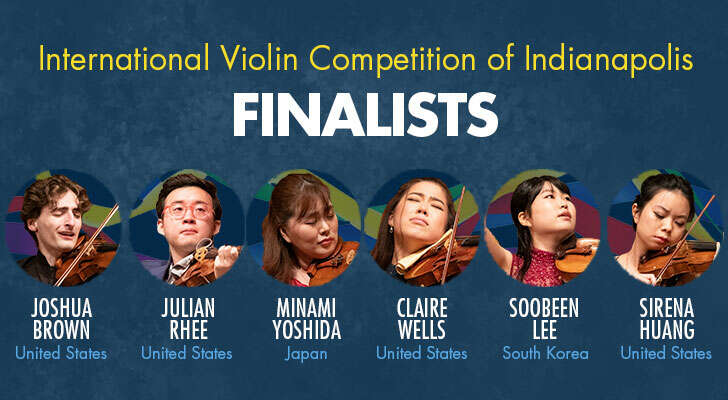
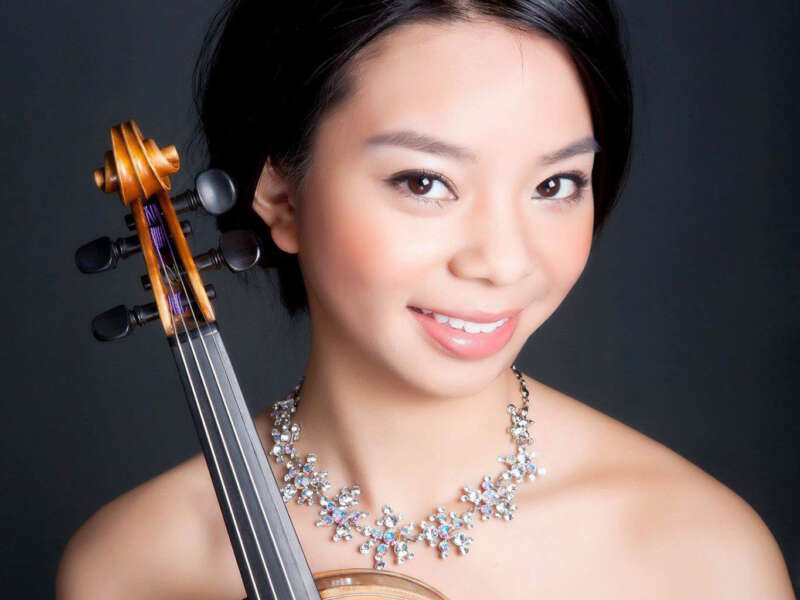
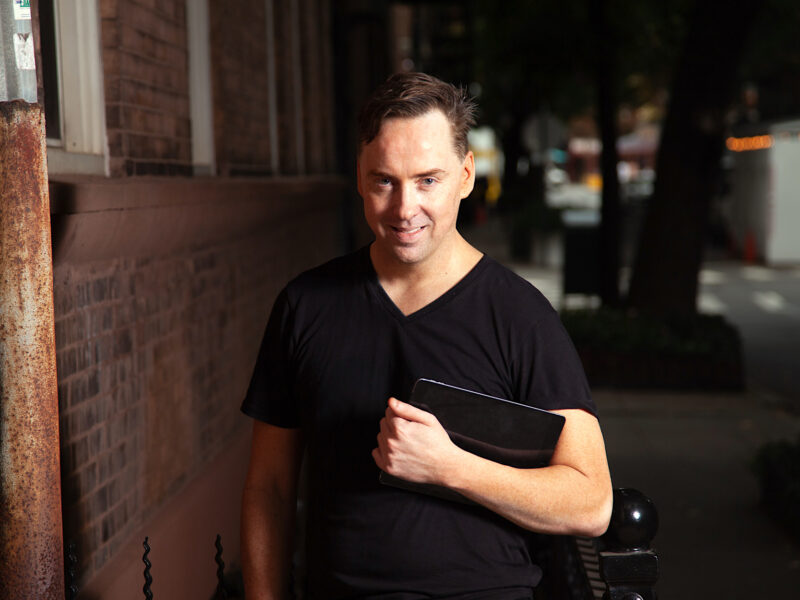
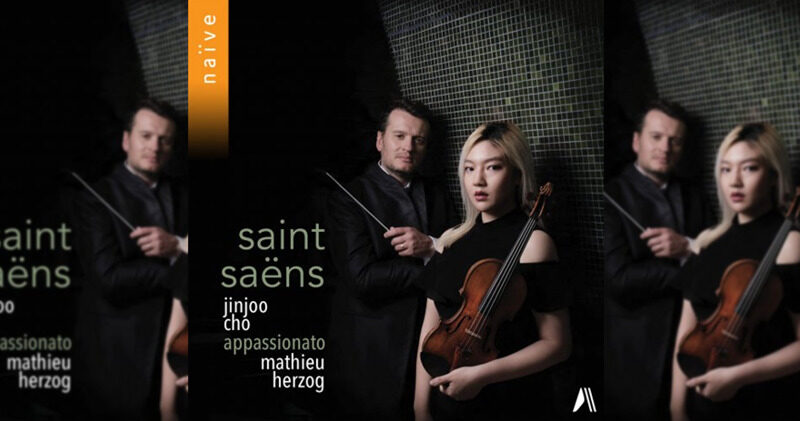
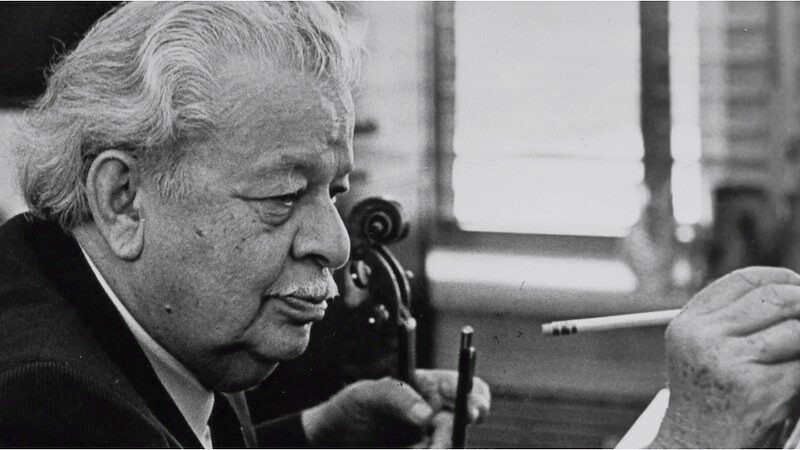

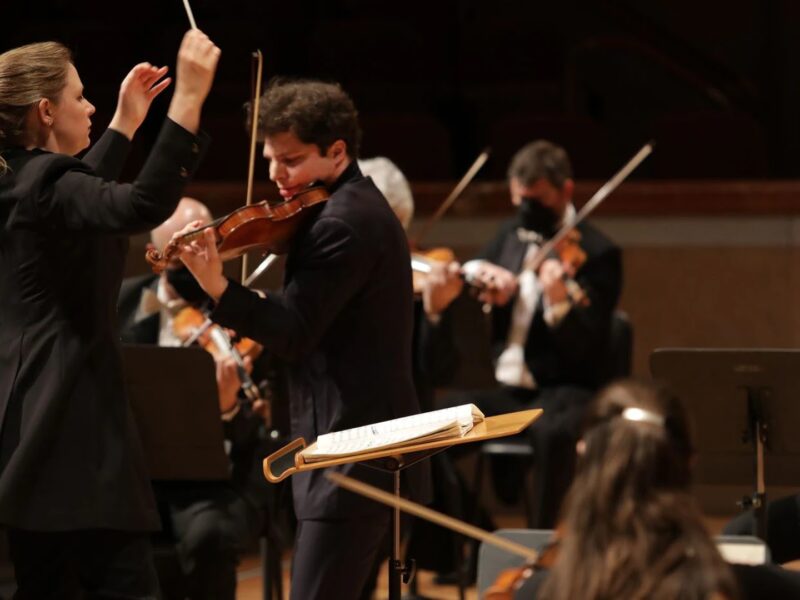
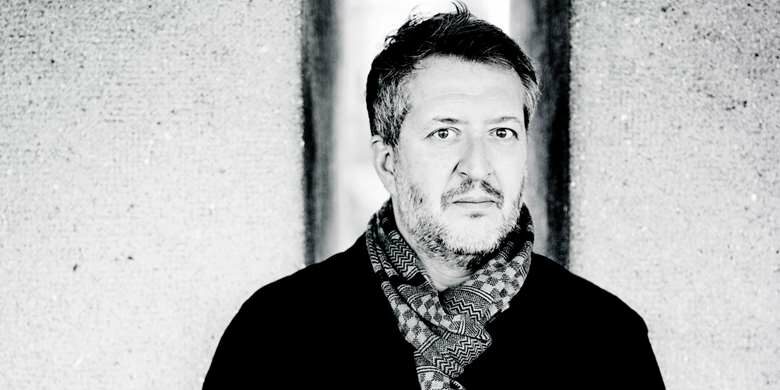

Sorry, the comment form is closed at this time.